Are you considering adding more solar panels to your existing system? Expanding your solar array can increase your energy production and maximize the benefits of solar power. However, it’s important to assess your current solar system and evaluate your energy consumption before adding more panels.

Key Takeaways
- Expanding your solar array can increase your energy production.
- Assess your current solar system before adding more panels.
- Evaluate your energy consumption to determine if adding more panels is necessary.
- Ensure the compatibility and design of the new panels with your current setup.
- Consider hiring a professional installer and budget for the cost of additional panels.
Assessing Your Current Solar System
Before you start planning to add more solar panels, you need to evaluate your current solar system. Understanding the current setup of your solar array is crucial to determine if it has the capacity to accommodate additional panels.
You need to check if the current configuration of your solar panels is meeting your energy requirements. You can start by analyzing your electricity bills and comparing the energy consumption with the energy produced by the solar system.
Pro Tip: If you don’t have information on the energy generated by your solar array, check the specifications of the current solar panels and the inverter. With this data, you can estimate the power output of your current system.
You can also check the physical setup and placement of the current solar panels. Evaluate the position of your panels in relation to the sun’s movement. An effective solar array setup should ensure that the sun’s rays are efficiently captured by the panels throughout the day.
| Solar Panel Setup Factor | What to Check |
|---|---|
| Orientation | Make sure the panels face true south in the Northern Hemisphere and true north in the Southern Hemisphere. |
| Inclination angle | Ensure the angle of the panels corresponds to your latitude to capture maximum sunlight. |
| Shading | Remove any shading that might block the panels from sunlight, such as overhanging trees or buildings. |
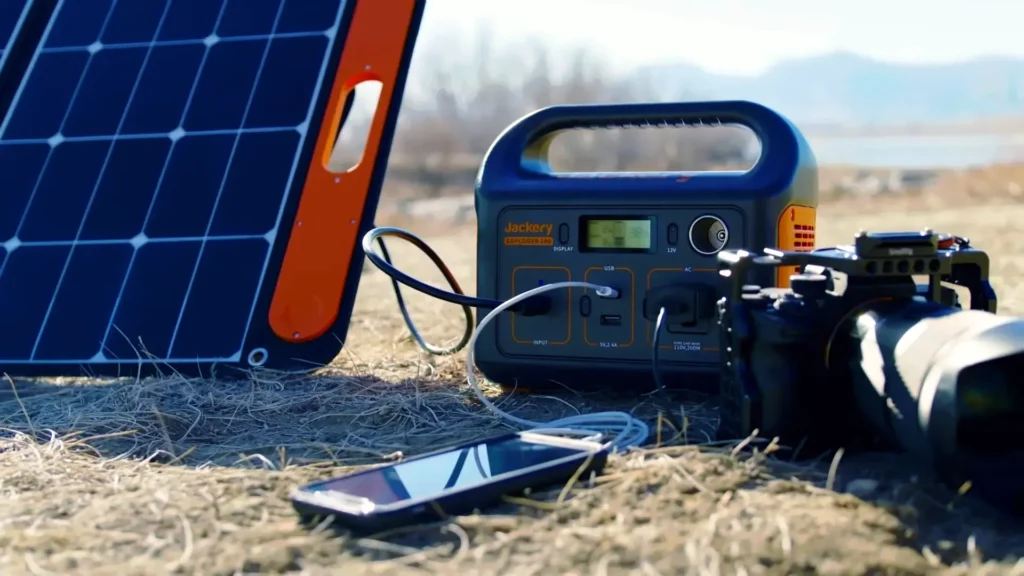
In case, your system is not producing enough power or if you want to add more panels to meet your future energy requirements, you can consider expanding the system. In Section 3, we will explore how to evaluate your energy consumption and electricity needs to determine the number of additional solar panels you require.
Evaluating Energy Consumption
One of the most critical factors to consider when contemplating adding more solar panels to your existing system is evaluating your energy consumption. Take some time to assess your current energy usage and consider your electricity needs now and in the future.
By analyzing the amount of energy your household utilizes, you can determine if additional solar panels are necessary to meet your current and future energy demands. If you observe that your household’s electricity usage has significantly increased over time, it may be worthwhile to explore adding more solar panels to your current system.
Pro Tip: You can determine your household’s daily energy usage by checking your electricity bill’s daily average column. This figure can help you understand your family energy consumption and whether it’s efficient or not.
Depending on your power requirements and preferences, you might also consider incorporating a battery bank system into your solar array. This can help address energy consumption issues during power outages and natural disasters by serving as a backup power source.
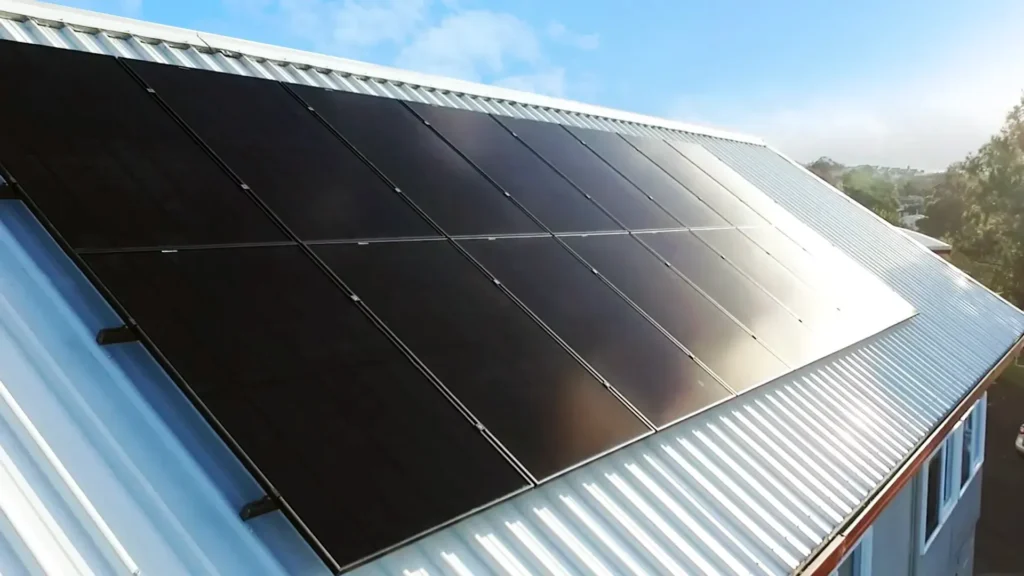
System Compatibility and Design
When considering adding more solar panels to your system, it’s crucial to ensure that they are compatible with your existing setup. Check the technical specifications of the panels and compare them to your current system’s requirements to guarantee that they synchronize with each other.
The designs of the panels should also be taken into account when assessing their compatibility. Ideally, they should integrate seamlessly with your current system, with no modifications required.
Example of Solar Panel Compatibility Assessment
| Solar Panel Specification | Current System Requirement | Compatibility Assessment |
|---|---|---|
| 350W Solar Panel | Minimum System Capacity 5000W | Compatible |
| 450W Solar Panel | Maximum System Capacity 7000W | Not Compatible |
By checking the technical specifications, you can determine if the new panels are compatible or not. The example table above highlights the importance of assessing the compatibility of new panels before installation.
Additionally, you may want to consider the physical design and appearance of the solar panels when incorporating them into your existing system. Be mindful of their dimensions, color, and overall aesthetic, as these factors can impact both the visual appeal and efficiency of your solar array.By ensuring system compatibility and design, you can effectively expand your solar array without compromising performance or aesthetics.
Upgrading Inverter Capacity
When planning to expand your solar array by adding more panels, it’s crucial to consider upgrading your inverter capacity. The inverter plays a critical role in converting the DC output of solar panels into usable AC power for your home or business, and must be able to handle the increased energy production.
The inverter capacity determines the maximum amount of power that can be produced and utilized, and is typically rated in kilowatts (kW). Upgrading your inverter capacity ensures efficient solar power conversion and optimal energy production.
Consult a professional solar installer to determine the appropriate inverter capacity for your expanded system, based on your energy consumption and the specifications of your existing solar panels and new panels.
Regulatory and Permitting Requirements
Before adding additional solar panels to your existing system, it’s important to ensure that you’re adhering to all necessary regulatory requirements and obtaining the appropriate solar panel permits. Regulations and permitting requirements vary depending on your local government, so it’s crucial to conduct research to determine what is required in your area.
Some common regulatory requirements for solar panel installations include complying with building codes, obtaining necessary permits, and adhering to safety regulations. Failure to comply with these regulations can result in fines, legal action, and even having to remove the panels.
To ensure that you’re meeting all regulatory requirements, consider consulting with a professional solar installer or contacting your local government offices. This can help to ensure that you’re following all necessary regulations and obtaining the correct permits before installing additional solar panels.
Hiring a Professional Installer
Adding more solar panels to your system is a great way to increase energy production and reduce your reliance on traditional energy sources. However, it’s important to remember that solar panel installation can be complex, requiring extensive knowledge and expertise.
When it comes to expanding your solar array, consider hiring a professional solar installer to ensure that the job is done right. Professional installers have the experience and training necessary to assess your current system, design the perfect panel layout, and obtain any necessary permits.
Not only does working with a professional installer ensure that your solar panels are installed safely and efficiently, but it can also save you time and money. A professional installer will be able to work quickly and accurately to ensure that your expanding solar array is up and running as soon as possible.
Benefits of Hiring Experts
There are several benefits to hiring a professional solar installer for your solar panel installation:
- Expert Knowledge: Professional installers have the knowledge and experience necessary to design and install the perfect solar panel layout for your unique energy needs.
- Quality Workmanship: Professional installers take pride in their work, ensuring that every installation is completed to the highest standard of quality.
- Permitting and Regulations: Professional installers are familiar with local permitting and regulatory requirements, making sure that your installation is in compliance with all relevant regulations.
- Time and Cost Savings: Hiring a professional installer can actually save you time and money in the long run by ensuring that the installation is done quickly and efficiently.
Overall, hiring a professional solar installer is the best choice for expanding your solar array. With their knowledge, expertise, and attention to detail, you can rest assured that your solar panel installation will be completed safely, efficiently, and to the highest standard of quality.
Budget and Financial Considerations
When considering adding more solar panels to your system, budget and financial considerations are essential. The cost of solar panels varies depending on several factors, such as their size, quality, efficiency, and manufacturer. Typically, a new 6-kW solar system can cost anywhere from $16,620 to $28,230, but it ultimately depends on your unique needs and setup.
Although adding more solar panels may seem like a substantial upfront investment, it’s essential to consider the long-term savings and increased energy production. Over time, the energy generated by the additional solar panels can offset the initial cost and provide significant savings on your electricity bills.
| PROS | Increased energy productionLong-term cost savingsReduced carbon footprint |
|---|---|
| CONS | Higher initial investmentRegulatory and permitting costsAdditional maintenance costs |
It’s important to carefully evaluate your budget and long-term goals before deciding to add more solar panels to your system. Consider getting a consultation from a professional solar installer for a more accurate estimate. Additionally, research any available incentives, such as tax credits and rebates, which can further reduce the cost of adding more solar panels.Remember, solar panels can be a smart investment for your home’s energy needs, reduce your carbon footprint, and make a positive contribution to the planet.
Conclusion
Expanding your solar array by adding more panels is a viable option that can increase your energy production and provide long-term savings. However, before proceeding, it’s important to assess your current solar system, evaluate your energy consumption, ensure compatibility and fulfill regulatory requirements.
A professional installer can provide expert guidance and ensure a seamless installation process. Budget considerations should also be taken into account, weighing the costs involved against the long-term financial benefits.
In conclusion, expanding your solar array can be a worthwhile investment, allowing you to harness the full potential of solar power and reduce your reliance on traditional energy sources.
FAQ
Can I add more solar panels to my existing system?
Yes, it is possible to add more solar panels to your existing system. By expanding your solar array, you can increase energy production and maximize the benefits of solar power.
How do I assess my current solar system?
To assess your current solar system, it is important to understand the setup of your solar array. Determine if it has the capacity to accommodate additional panels and if any upgrades are required.
What should I consider when evaluating my energy consumption?
When evaluating your energy consumption, consider your electricity needs. Determine if adding more solar panels is necessary to meet your current and future energy demands.
Are there any compatibility issues to consider when adding more solar panels?
Yes, it is important to ensure that the new solar panels are compatible with your existing system. Consider the design and specifications of the panels to ensure they integrate seamlessly with your current setup.
Do I need to upgrade my inverter capacity when adding more solar panels?
Upgrading your inverter capacity may be necessary when expanding your solar array. The inverter is responsible for efficiently converting solar power, so it is important to assess if an upgrade is needed.
What are the regulatory and permitting requirements for adding more solar panels?
Adding more solar panels may be subject to regulatory and permitting requirements. It is important to research and understand the local regulations and obtain any necessary permits before installing additional panels.
Should I hire a professional installer to add more solar panels?
It is recommended to hire a professional solar installer when adding more panels to your system. The expertise and experience of professionals ensure a seamless installation process and optimal performance.
What are the budget and financial considerations when adding more solar panels?
When adding more solar panels, it is important to consider the financial implications. Explore the costs involved and weigh them against the long-term savings and increased energy production that the additional panels can bring.
Is expanding my solar array a feasible option?
Yes, expanding your solar array by adding more panels is a feasible option. By assessing your current system, evaluating energy consumption, ensuring compatibility, fulfilling regulatory requirements, and considering budgetary factors, you can confidently increase your energy production and harness the full potential of solar power.

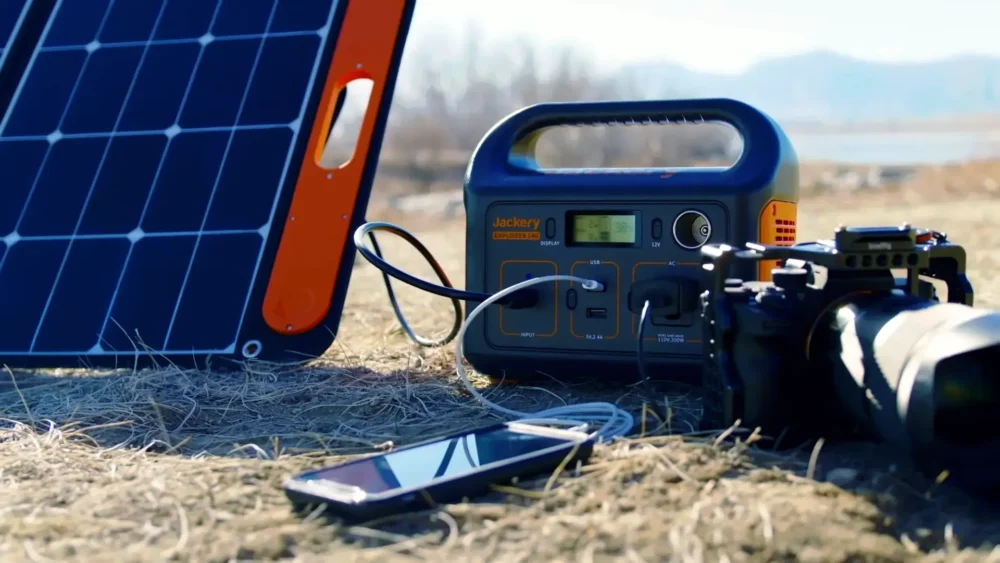
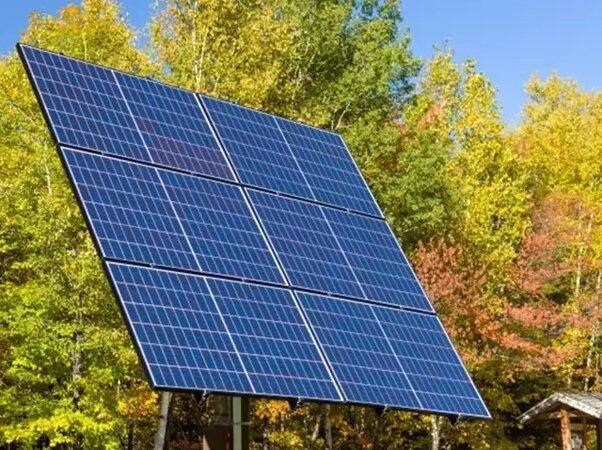
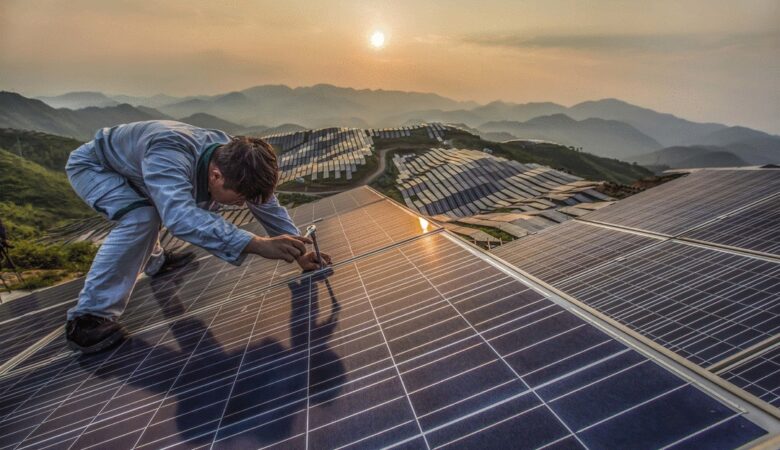

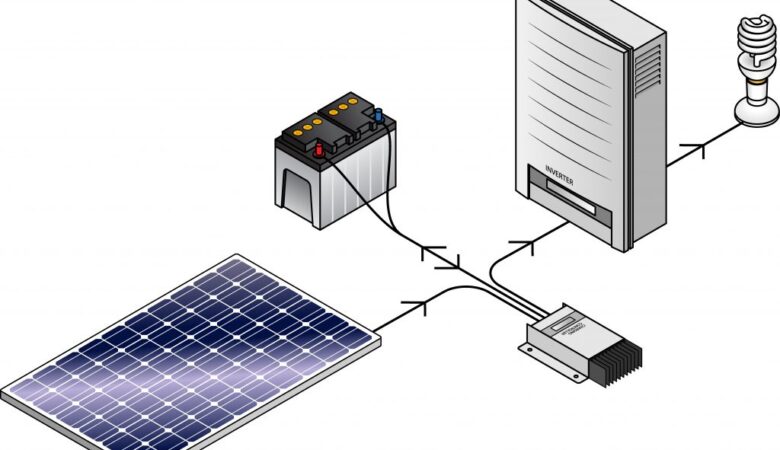
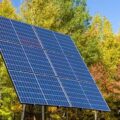


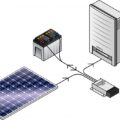

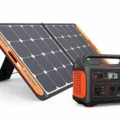
Leave a Reply